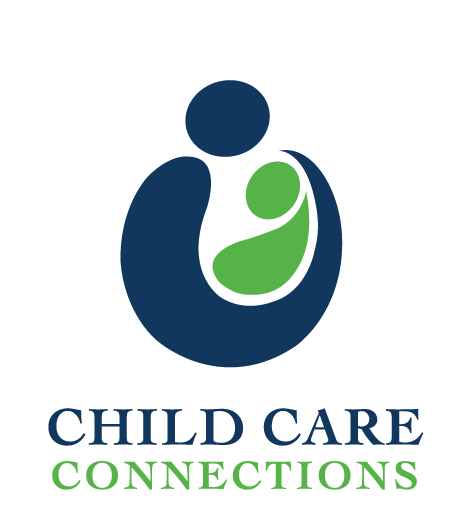
Quality Child Care Guide
Finding the right child care for our little ones is a major decision for parents. We all want our children to be in a nurturing environment where they feel safe, engaged, and supported. But how do you know what questions to ask, and which program is the right fit for your family? To help you navigate this important decision, here is a comprehensive guide to help you know what to look for when searching for a quality child care program.
- Licensed and Registered Facilities: Programs that are licensed or registered through the Montana Department of Health and Human Services (DPHHS) are required to meet basic health and safety standards. They are regularly monitored by Child Care Licensing to ensure the health, safety, and well-being of the children in their care. This includes ensuring that staff are trained and qualified with Pediatric CPR & First aid, pass state and federal background checks, and participate in continuing education and training in early childhood. Licensed and registered programs are also required to follow ratio requirements to ensure that the best care is being given to children according to their developmental needs. Lower teacher-to-child ratios offer more personalized attention for your child’s learning and development. You can visit Montana’s Licensed Provider Search to review programs’ history, license inspection reports, and complaints.
- Clean and safe environment: We recommend visiting the program if possible before enrolling your child, to be sure the environment is the right fit for your family. This offers parents the opportunity to take note of the cleanliness and safety measures in place. Check for childproofing, secure entry and exit points, a well maintained outdoor area, and plenty of space for your children to play. A safe and clean environment is essential for your child’s well-being. You may also consider if you’re comfortable with pets in the facility, and what kind of accommodations are available for individuals with disabilities.
- Open Communication and Parent Involvement: Quality child care programs prioritize open and transparent communication with parents. Do they have an open-door policy that allows parents to visit the classroom? Look for a child care program that provides a variety of strategies to communicate, including daily conversations during pickup and drop off, scheduled family conferences, and virtual communication through email, text, or a Child Care Management Software (CMS). Does the program have policies readily available to parents? Do they provide regular updates about your child or any concerns about their development? Quality child care providers encourage parental involvement and engagement in their child’s learning experience.
- Age-appropriate curriculum: A quality child care program offers structured, and unstructured playtime that supports various aspects of your child’s development including their social, emotional, cognitive, and physical skills. There are many child care philosophies and approaches to early learning. Does the child care program have a daily schedule with planned activities available for parents to review? Inquire with a child care program about their approach to learning to ensure they are the right fit for your family.
- Positive social environment: Observe the atmosphere of the child care center. Are the caregivers warm, welcoming, and engaging with each child? Is guidance positive, clear, consistent, and fair? A positive social environment includes respectful interactions among staff and children, and opportunities to engage in cooperative play and build relationships.
- Healthy Meals and Snacks: Nutritious meals and snacks are essential for your child’s growth and development. Does the program provide a menu of high-quality nutritious meals throughout the week? Do they have a supportive breastfeeding policy? Ask about the child care program’s meal plans, making sure they offer a balanced and healthy diet that caters to any specific dietary requirements your child may have. You might ask if the program participates in the Child & Adult Care Food Program (CACFP) which helps child care programs provide nutritious meals and encourage positive eating habits.
- Accreditation and Reviews: Programs that are recognized with certifications or accreditations demonstrate a commitment to providing high quality child care. Is the program participating in the STARS to Quality Program? STARS is Montana’s voluntary quality rating improvement system (QRIS). Programs that participate meet standards that exceed Montana’s licensing requirements. You might also ask for references from other parents with children currently attending the program. Hearing about the experiences of other families can provide valuable insights into the child care program’s strengths and areas for improvement.
Choosing quality child care requires careful consideration of various factors to ensure that your child receives the best possible start in life. By taking the time to research and visit potential child care programs, you can make an informed decision for your family. You can start your search, find resources, and learn more about finding quality care by visiting our Find Child Care Page or by calling our team at 406-587-7786.




